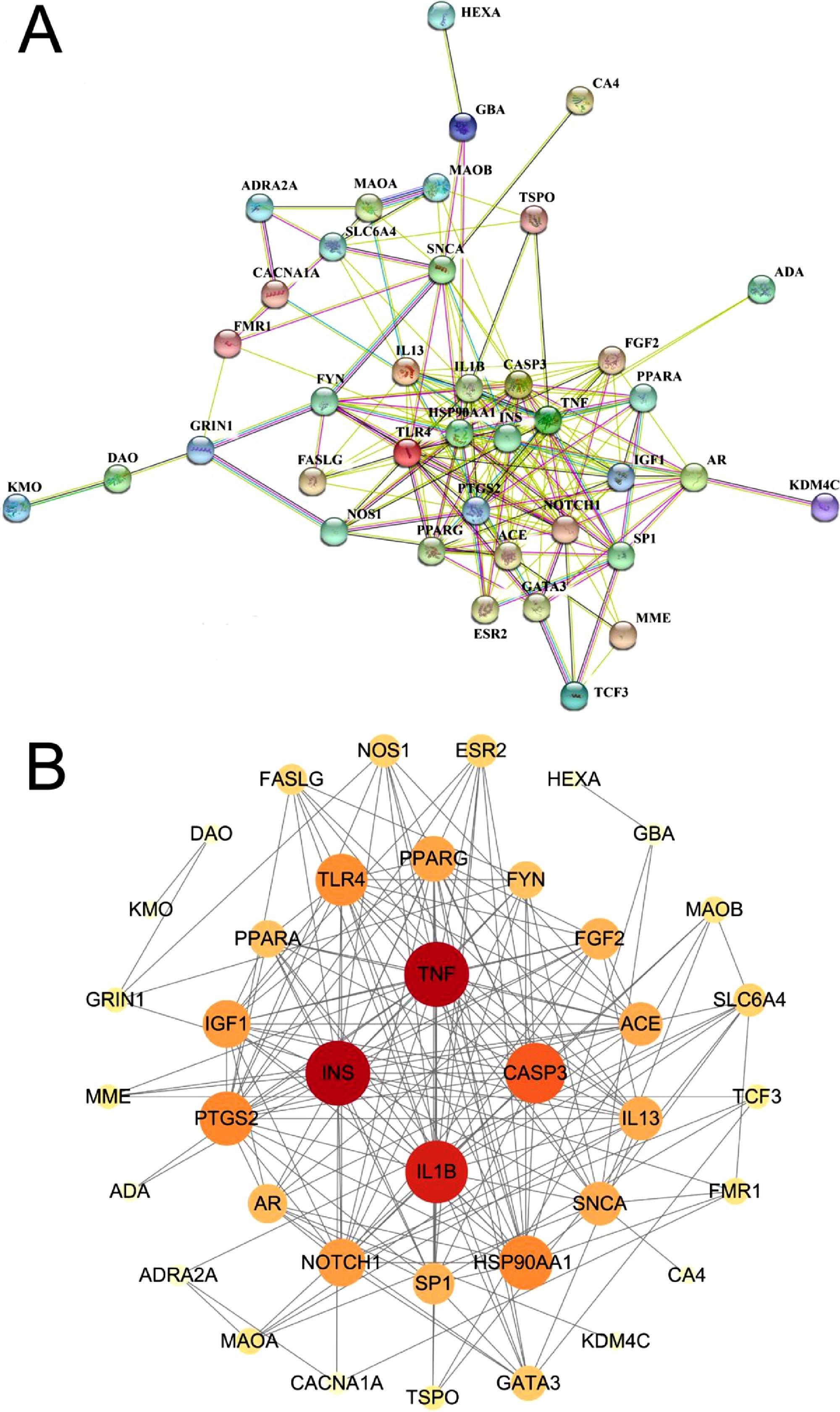Elsevier,
The Lancet Planetary Health, Volume 6, August 2022
This Article supports SDGs 3 and 13 by showing that plant-based beef alternatives could reduce the carbon footprint of the US food system, but highlights that reductions in other envirnmental dimensions are dependent on repurposing of resources.
Elsevier,
Radiology Case Reports, Volume 17, August 2022
Schilder's disease is a rare form of multiple sclerosis. It concerns mostly teenagers and young adults. The Clinical signs and symptoms might be atypical for early multiple sclerosis which often mimics intracranial neoplasm or abscess.

